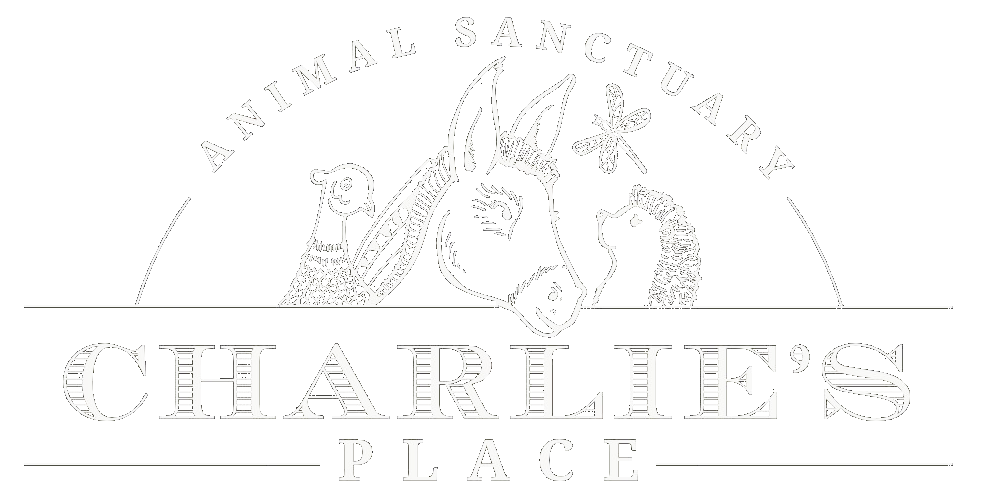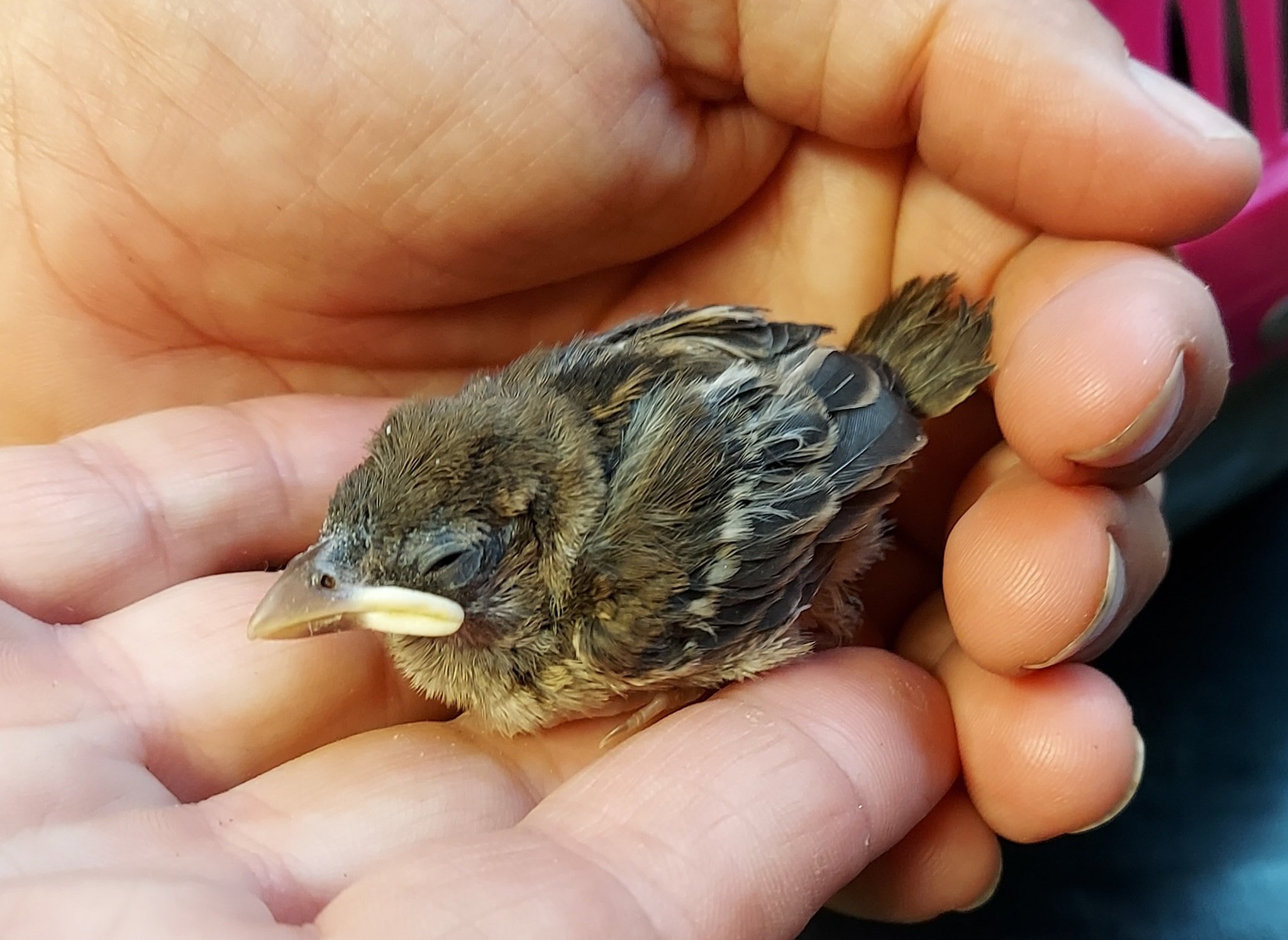
Wildlife Rescue
Do you have a wildlife emergency?
Please only rescue an animal if they are sick or injured. Many animals are taken to wildlife centres each year, including fledgling birds, who should have been left where they were. In general, if you are able to approach and interact with a wild animal, they are usually in need of help. If you believe that the animal is in need of help then read our advice below.
Let’s get the basics sorted first…
If possible, get the animal contained in a secure, ventilated box or carrier. Wear gloves if available to protect the safety of you and the animal, or use a blanket to pick them up
Keep the animal dry and warm. Provide a heat pad for young and sick animals, or keep them away from cold, draughty areas
Keep them in a quiet place to reduce their stress
Please do not syringe water into their mouths or force feed the animal
If you have to keep hold of the animal for hours, you may provide the appropriate food in the box and a small, shallow water bowl
Once the animal is safe, please call our emergency numbers: 07773809136 or 07875578266
Rehabilitation specialists
Charlie’s Place rescues and rehabilitates over 100 wild animals every year from young hedgehogs to owls to badgers. We have a specialist wildlife hospital fully equipped to rehab many species and we work with other animal rescues to ensure that any animal who comes our way will receive the best care and facilities possible.
Before you contact us with your wildlife enquiry, please read through the following information first to ensure that the best route is taken for the animal.
We are a volunteer-led wildlife rescue service, so if we do not answer straight away, please leave a message and we will get back to you as soon as possible.
We have a network of volunteer drivers who may be able to collect the animal, or they can be dropped off with us by appointment only. Please do not leave animals by our gates, as this may result in them being left for many hours without care and us being unaware of their history.
If you are unable to get through to us and it is an emergency situation, or the animal is large or may be dangerous, please contact other animal rescues to increase your odds of helping the animal. You can also try ringing nearby veterinary clinics. Vets are obliged to help with wildlife, though many are not equipped to do so. This may result in the euthanasia of the animal if they are not set up to take in and treat wild animals, so your best hope is contacting a wildlife rescue who will work with specific veterinary establishments.
Have you found a fledgling bird?
If you find a young bird who has no or very few feathers, they need help and warmth. If you find an active, almost fully feathered young bird, you may have found a fledgling. It is completely natural for them to be out of the nest and the parents will still be feeding them. You may not see the parents as they will be cautious of humans, or may be away feeding. A fledgling will have a few young feathers left, which look wispy and downy, but again, this is normal. If the fledgling has a place to hide away, then leave them be. Their best chances of survival is to be raised by their parents, who can provide them with a suitable diet and teach them natural behaviours.
Fledglings who may be in need of help are those who are injured, through situations like cat attacks, or if they are on a busy road with nowhere to shelter. If a nest has been destroyed and the chicks have not yet left the nest, they will likely need help.
If you are unsure whether you have found a fledgling or not, give us a call and we will talk through the best plan of action.
When should you not intervene?
If you find a large animal like a deer, badger or fox, or a dangerous animal like a bird of prey, and they are visibly sick or injured, please call us immediately. Do not try to capture the animal yourself.
If you find a fledgling bird, then they should be left alone, if they are not sick or injured. They may appear to need help, but unless they are in immediate danger, they should be left alone as their parents will still be feeding them.




